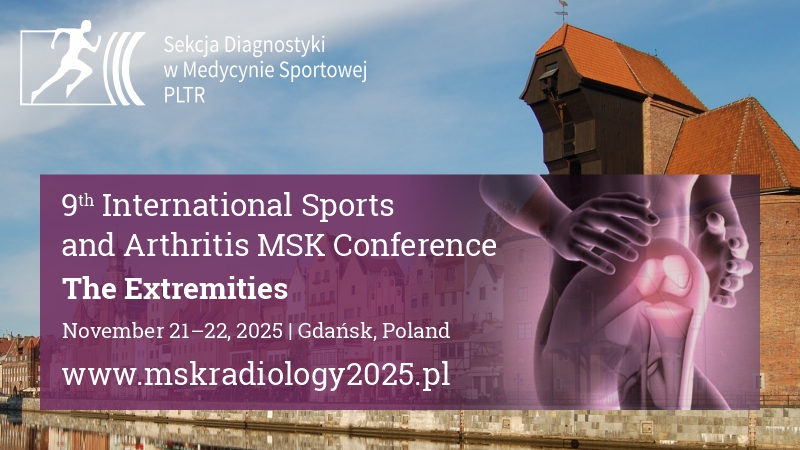Renal echotextural changes in Nigerian workers chronically exposed to petroleum-based liquid fuels
Angel-Mary C. Anakwue1, Felicitas U. Idigo1, Raphael C. Anakwue2
 Affiliation and address for correspondence
Affiliation and address for correspondenceBackground: Exposure to hydrocarbon is associated with an increased risk of development of chronic kidney disease. Ultrasound, which is a non-invasive imaging modality, provides very important information about kidney morphology. Objective: The aim of this study was to evaluate the effects of chronic exposure to some petroleum products on the kidney of exposed workers using sonography. Materials and methods: This was a prospective cross-sectional study involving 415 workers with chronic workplace exposure to petroleum fuel in Enugu metropolis. The study population comprised 164 petrol station attendants, 175 automobile mechanics and 76 petrol tanker drivers aged between 20 and 65 years. Abdominal ultrasound was performed, as well as serum urea and creatinine were measured to assess the kidneys of these workers chronically exposed to petroleum fuels, and the findings were compared to findings in an aged-matched, non-exposed control group. Results: Increased echogenicity of the kidneys was observed in 21 subjects from the study group and this differed significantly (p <0.05) from the findings in the control group. Conclusions: The study has shown that chronic exposure to petroleum fuel affects renal echotexture and that ultrasound may serve as a useful non-invasive tool for routine use in the assessment of petroleum-induced nephropathy.








